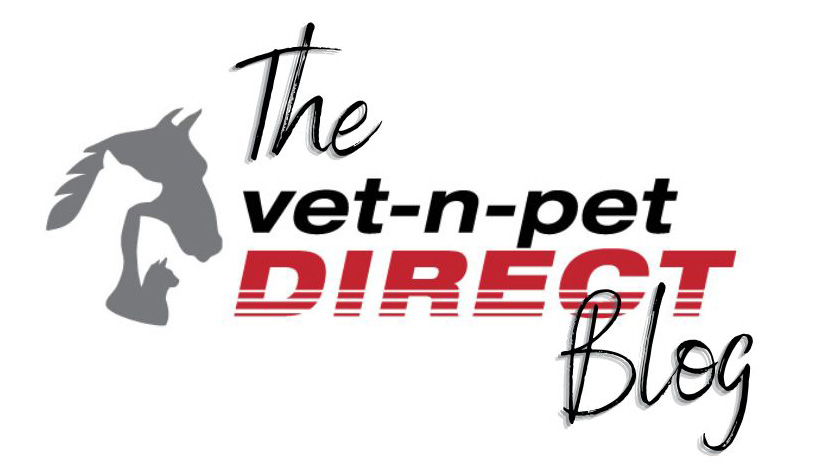 Vaccinating your dog is an essential part of their preventative health program. There are a number of highly infectious and life threatening diseases out there but you can vaccinate against some of them. For these diseases vaccination and prevention is always better for your dog as well as cheaper than trying to treat the diseases if your dog was to contract them.
Vaccinating your dog is an essential part of their preventative health program. There are a number of highly infectious and life threatening diseases out there but you can vaccinate against some of them. For these diseases vaccination and prevention is always better for your dog as well as cheaper than trying to treat the diseases if your dog was to contract them.
All dogs should be vaccinated regardless of whether or not they visit kennels, play in parks or even if they don’t come in direct contact with other dogs. Dogs are generally social animals and it is very easy for them to contract diseases. Highly contagious diseases can be transmitted from dog to dog by coming into contact with an infected dog, an infected dogs faeces or urine or they can even pick it up just walking and sniffing in an area that an infected dog has been. It is also possible for people to transfer diseases to their dogs by walking through an infected area or patting an infected animal and then going home to their own dogs. This is why it is necessary to vaccinate your dog even if your dog does not come in direct contact with other dogs.
Vaccinations are available to protect dogs from some of the most contagious and life threatening illnesses that they may come in contact with. Following are the illnesses that your dog should be vaccinated against.
Canine Parvovirus – which is a life threatening disease, particularly dangerous for puppies but also adult dogs and it can cause death within 7 days of contracting the disease. Signs of Parvovirus include abdominal pain, vomiting, diarrhoea (often bloody), dehydration and depression. Even when dogs are treated by a veterinarian for Parvovirus it can still be fatal. Parvovirus can survive in the environment for up to 12 months so it is essential that all dogs are vaccinated.
Canine Distemper – is a highly contagious viral disease that attacks the nervous system of the dog. Outbreaks of Distemper do occur occasionally in areas where vaccination levels are low. Signs of Distemper include a fever, nasal discharge, eye discharge, diarrhoea, vomiting, muscle spasms and convulsions. Although dogs can be treated and survive Distemper they may suffer from lifelong neurological damage. Even vaccinated dogs can contract Canine Distemper, however it is rare and usually the symptoms are not as severe.
Canine Hepatitis – is caused by canine adenovirus and is a highly infectious and potentially life threatening virus, especially in puppies. Symptoms of Canine Hepatitis include abdominal pain, due to an inflamed liver, fever, loss of appetite, vomiting, diarrhoea and depression. A dog that has had Hepatitis can become a carrier of the disease and spread the virus in its urine for up to six months following infection. All dogs should be vaccinated against Canine Hepatitis.
Canine (Kennel) Cough – can be caused by a group of organisms but the two most common and significant causes are the virus canine parainfluenza and the bacteria Bordetella bronchiseptica. Canine Cough is not usually fatal but it can cause the dog to become quite sick, depressed, feverish, lose their appetite and have a characteristic persistent hacking cough. It is easily transmitted from dog to dog when they come into contact with one another. It is not only transmitted in kennels (like the name suggests) but anywhere that dogs socialise like parks,the beach or the vet.
A C5 vaccination provides the greatest level of protection as it provides immunity to all five of the diseases discussed above. C5 vaccinations are generally the standard requirement for all dogs that are to enter a boarding kennel or even attend dog obedience or dog events. There is also a C3 vaccination and a C4 vaccination available. The C3 vaccination only covers for Canine Hepatitis, Canine Distemper and Canine parvovirus. A C4 vaccination covers for those diseases as well as the bacterial component, Bordetella bronchiseptica, of Canine Cough.
Dogs should begin their vaccination program at the age of 6 to 8 weeks, where they will receive a C3 vaccination. Following this, at 12 weeks of age they have a C5 and then finally at 16 weeks, they receive a C3 vaccination. After the initial course of three vaccinations they should receive their first annual booster vaccination at 15 months of age. From this age onwards most vets are now using the new vaccination schedule which involves a C3 vaccination once every three years. The dog will then require a yearly booster for the Canine Cough components. So this means that once every 3 years your dog with receive the C3 needle and then every year they will need the kennel cough vaccination which is an intranasal dose. If you have any concerns about your dog’s vaccination schedule you should discuss this with your veterinarian.
If your dog is showing any symptoms described above you should contact your veterinarian immediately as they may require urgent medical attention as these diseases can cause death very quickly.
Overall, I believe, that vaccinating your dogs is necessary as it provides them with protection against deadly illnesses and prevention is always better than a cure.
Until next time,
Bec
